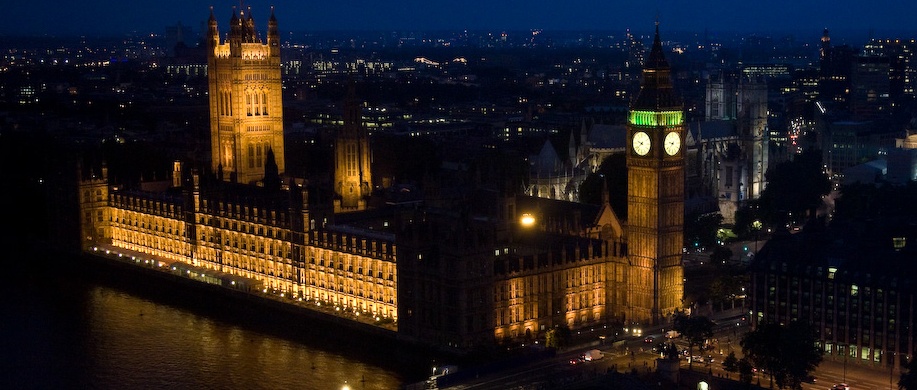How bad politicians drive out the good
One of the best known laws of economics is that bad money drives out good. If a country debases its coinage, mixing the gold and silver in new coins with lower value metals, people will hold onto the older and more valuable coins and spend the new ones. The bad money flushes the ‘good’ money from circulation. As Britain prepares to leave the European Union with its weakest crop of parliamentarians for decades, it’s worth wondering whether a similar principle might apply in politics.
The application of this law to elections could be termed a cycle of mediocrity – or possibly a ‘Chris Grayling spiral’, and it goes something like this. Becoming an MP is objectively a bad career choice for top talents. The pay, while generous, is nowhere near what they might earn in business or finance. Opportunities to add on high-paying consultancies or newspaper columns, before or after serving in Parliament, accrue only to a lucky few.
Moreover, becoming an MP costs a small fortune in time and money. In 2014, you could expect to drop a neat £34,000 on your bid to win a seat. You have to take time off work, hit the doorsteps, print the leaflets, put down your deposit, keep up with the local politics, while maintaining your primary career in case you lose. The job security is variable at best, and tied to the fortunes of your wider party – including factors which have absolutely nothing to do with you.
And even if you have a strong motivation to serve the public good, there are better paying options available. You could be a director in a local council. You could work for an NGO. Work in the civil service. Become a lawyer and take on pro bono cases. All of these would give you that pleasant sense of making a difference, while leaving your wallet far heavier. And each of them would come with a second huge advantage: generally speaking, if you take up these careers then you will not – as an individual – have to deal with the British press.
For all that our newspapers pride themselves on their fearless reporting, quite a lot of what they do could be classed as ‘spirited attempts to destroy the personal lives of political opponents’. If you work in a bank, you are unlikely to see the sort of treatment meted out to Chuka Umunna, who saw his grandmother doorstepped when he considered running for Labour leader, or Carrie Symonds – whose fling with Boris Johnson saw her traduced on the front pages. Even better, you don’t have to deal with the toxic work culture: the archaic whip system, the bullying, and the backstabbing needed to climb the greasy pole.
And this is where the cycle begins. When Parliament pays poorly and is an unpleasant place to work, it implicitly selects for people with a strong intrinsic motive to undertake that work. In turn, this often means highly partisan views about how the world should be. People who probably don’t play nicely with people holding different views. And people who make the idea of choosing a different career far more enticing.
The end result is that Parliament is increasingly filled with Boris Johnsons and Chris Graylings; power hungry public schoolboys, and mediocrities with strong views. And the bad currency drives out the good.
The kicker is that just as debasement of currency can eventually trigger a financial crisis, the debasement of parliament can trigger a political crisis. Highly partisan mediocrities are the type of politician most likely to launch grand schemes to reinvent the country – and also the type least capable of seeing such a scheme through.
Remind you of anything?
Header image courtesy of patternghosts, used under a creative commons license.
